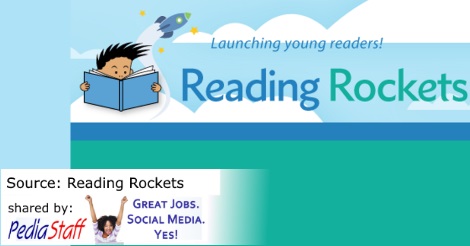Literacy Corner: New Evidence on Teaching Reading at Frustration Levels
[Source: Reading Rockets]

For generations, reading experts have told teachers that they had to teach students to read at their instructional levels. Teachers were admonished that if they taught children with books that were too easy, there would be nothing for the kids to learn. If they taught with books that were too hard, then the reading instruction would frustrate rather than improve.
In general, that kind of advice makes sense. Spend all the time you want teaching me my ABCs and it won’t likely improve my reading ability at my advanced level of performance.
And, the idea of teaching someone something that they find to be inordinately frustrating couldn’t possibly work either.
Beyond that, things get a bit fuzzy.
Reading authorities have told teachers that these levels — independent, instructional, and frustration — are the product of two factors: how well kids can read, and how hard the books are. They have also come up with formulas for determining how to match kids and books to avoid frustration. Historically, the scheme usually called for kids to be taught from books that they could read the words of with 95-98% accuracy, and about which they could answer 75-90% of the questions. A bit of challenge — but not too much, was the idea.
PediaStaff is Hiring!
All JobsPediaStaff hires pediatric and school-based professionals nationwide for contract assignments of 2 to 12 months. We also help clinics, hospitals, schools, and home health agencies to find and hire these professionals directly. We work with Speech-Language Pathologists, Occupational and Physical Therapists, School Psychologists, and others in pediatric therapy and education.
